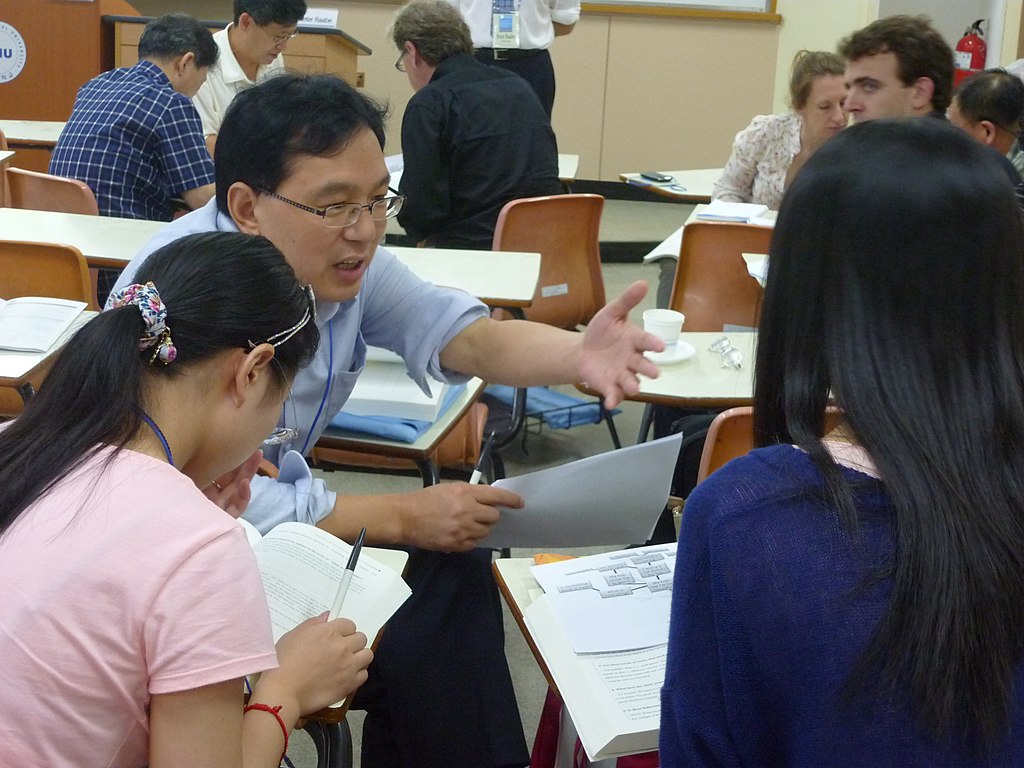2.4 Handling Bumps Along the Way
Along the way you will encounter obstacles that will make starting the internship seem difficult. One common problem is starting at the internship site later than other students. This predicament is particularly frustrating because it forces you to get the required hours done in a shorter time period and puts you behind on gathering information for your presentation, paper, or whatever closing activities are required for the site or course. Even if you find and start an internship early, scheduling your hours ineffectively can put pressure on you near the end of the semester when time is running out. Sometimes, students encounter problems because they complete the required hours at the site too soon in the course and then have nothing left to contribute to class discussions.
Instead, it is best to try and space your internship hours out evenly during the semester, though it is also a good idea to finish at the site a little before the end of the semester so that you are not overburdened at the end. Pacing is important, as learning takes time, not just work. Finally, it may be of value to try to schedule your days at the site when there are richer training opportunities. For example, a site may do individual work on one day, group work on another, and schedule team meetings or training on a third. Finding a way to be exposed to all three opportunities would create a more meaningful internship experience than just participating in one or two of them.
Sometimes agencies offer special continuing education activities for staff or take them to local, regional, or even national conferences where major speakers present material. Talking with your supervisor about attending these higher-level professional opportunities is a good idea because what they offer can be added to your resume as additional forms of advanced training. Remember, no one will know that you are interested in attending such events unless you bring it up.
2.4.1 Progress not Perfection
Although you may have years of schooling and other job training, they are not likely to have fully prepared you for your first internship. Your education has helped to develop ideas about how things work and armed you with information about effective approaches. However, many real-world problems that people face during their internships will not always fit textbook definitions. After all, as discussed in Chapter 1, there is a difference between theory and practice. Similarly, someone who has performed quite competently in previous jobs may find the tasks assigned and carried out during an internship significantly different.
In general, the process of acquiring new and complex skills moves slowly, which means you do not have to learn everything overnight. Malcolm Gladwell’s popular book Outliers (2008) discusses the research of K. Anders Ericsson which states you need 10,000 hours of practice in order to become an “expert” in a given field. There is also research from Harvard’s Graduate School of Education that shows fast learning is no better over time than slow learning (Hough, 2019). Focusing on learning everything quickly can lead to false assumptions and gaps in knowledge.
Instead, it is best to try to keep an open mind about your progress. For example, keep in mind that when your instructor or supervisor critiques your work, it is because they care about it and see potential in you. Similarly, it is just as important to acknowledge and accept positive feedback because this helps reinforce growth and build confidence. If a supervisor takes the time to tell you that you are doing a good job, it means you earned the compliment, so enjoy it!
2.4.2 Instructor and Classmates as Resources
When settling into the internship, it is helpful to realize that your fellow students in the internship class are a part of your network both in and beyond the course (figure 2.3).

Figure 2.3 Remember that if you have a question or issue, it is likely that someone else in the class is facing the same situation
During the semester, they can also become an important resource for your development as a professional. Providing the rules of confidentiality set down by the college, instructor, and site are appropriately honored, talking with classmates about your experiences at the site provides an opportunity to compare individual internship environments as well as opportunities in a field. For example, work environments can be as small as a single office in a courthouse or as large as an entire floor of a building. The inner workings of each facility will differ as well. By talking about the styles of supervisors, roles of staff members, and the unique aspects of each facility, these discussions may provide insight into numerous areas within the field. If there are several people in a class working in a similar setting, you may also see that they vary considerably by how they approach helping people.
The classroom portion of the internship experience is like having several internships at the same time. After all, you can learn from the experiences your colleagues share and come to know things about different types of sites as career possibilities. Such groups may also help you prepare for something called “team meetings.” These are times when the staff members of an agency come together as a group to help clients by reviewing notes, establishing comprehensive treatment programs, evaluating client progress, discussing client issues, and so on.
2.4.3 Licenses and Attributions for Handling Bumps Along the Way
“Handling Bumps Along the Way” is adapted from “Chapter 3: Getting Started at the Site” in Succeeding at Your Internship: A Handbook Written for and with Students by Christopher J Mruk and John C. Moor, which is licensed under a Creative Commons Attribution-NonCommercial-Share Alike 4.0 International License. Edited for consistency, style, and format with additions of inclusive images by the authors.
Figure 2.3 University of the Fraser Valley, CC BY 2.0, via Wikimedia Commons
